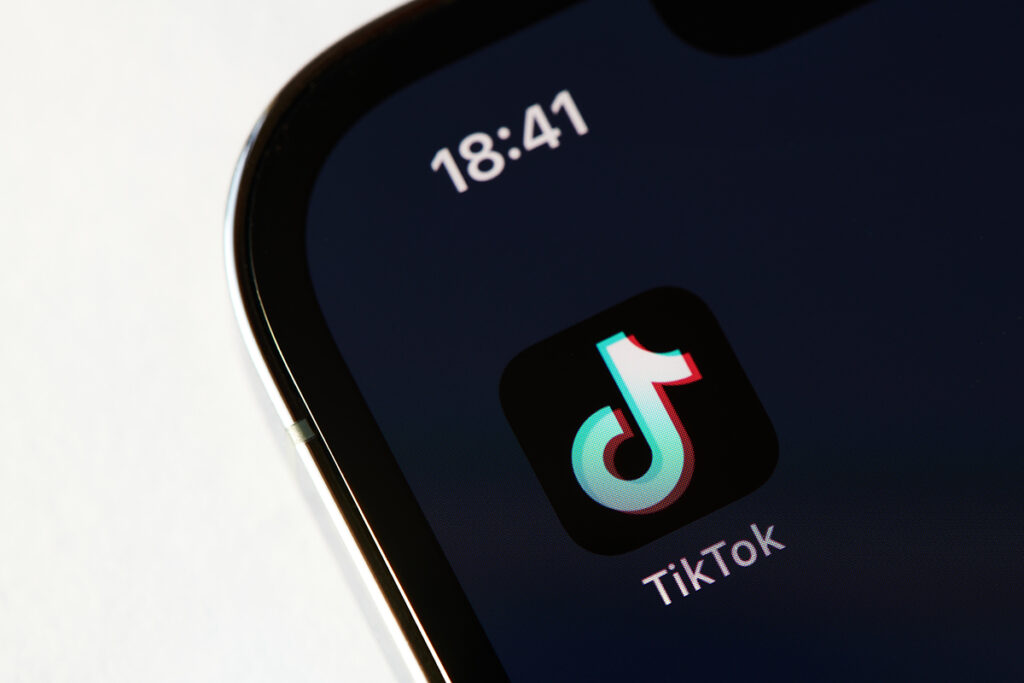With just days left before a potential U.S. ban on TikTok, users are scrambling to find alternatives to the popular short-form video app. The uncertainty surrounding TikTok’s fate has led many content creators and casual users to explore other platforms, fearing that access to the app may be cut off entirely. While some had assumed that only new downloads would be blocked, recent reports suggest that TikTok may shut itself down for all U.S. users if it fails to secure legal protection or a domestic buyer.
The looming ban has led to an exodus of users, now calling themselves “TikTok refugees,” searching for a new digital space to share and consume content. However, instead of turning to mainstream social media giants like Instagram Reels, YouTube Shorts, and Snapchat Spotlight, many are gravitating toward lesser-known platforms that mimic TikTok’s unique user experience.
The Rise of New TikTok Alternatives
Several alternative apps have surged in popularity as TikTok’s uncertain future unfolds. Among them, RedNote (also known as Xiaohongshu) has become a top choice. The China-based platform, often compared to Instagram, has gained traction for its focus on travel, fashion, and makeup content. Many American users have joined the app not only as a TikTok alternative but also as a form of defiance against the U.S. government’s decision to target the platform.
Another rising contender is Lemon8, a Pinterest-like app developed by TikTok’s parent company, ByteDance. While Lemon8 was already being promoted in the U.S. before the potential ban, its popularity has skyrocketed in recent days. However, both RedNote and Lemon8 may face the same regulatory scrutiny as TikTok due to their ties to China, raising concerns about whether they, too, could be banned in the near future.
Privacy and Security Concerns with Chinese-Owned Apps
The surge in downloads of Chinese-owned platforms has reignited concerns over data privacy and national security. U.S. regulators argue that apps controlled by foreign adversaries pose a risk of data exposure, leading to bans and legal restrictions. This stance has raised questions about the effectiveness of banning TikTok if users simply migrate to similar Chinese platforms.
Security experts caution that RedNote, similar to TikTok, may pose a risk of sharing user data with the Chinese government, particularly given that its terms of service are exclusively provided in Mandarin. The U.S. government has the authority to enforce bans on apps linked to foreign entities, but enforcement depends on an official declaration. With new apps rapidly gaining traction, the effectiveness of such restrictions remains uncertain.
Non-Chinese Alternatives Gain Momentum
While many users are turning to Chinese-owned apps, several non-Chinese alternatives have also seen significant growth. Clapper, a short-form video platform with live audio features, has gained 1.4 million new users in the past week, including 400,000 in a single day. Another rising app, Flip, which focuses on shopping-based short videos, climbed the app store rankings but faced temporary outages due to overwhelming demand.
Unlike TikTok, which serves as an all-in-one entertainment hub, these platforms cater to specific niches. Experts believe that instead of migrating to a single app, former TikTok users will disperse across multiple platforms, depending on their communities and content preferences. While Instagram Reels and YouTube Shorts stand to gain from TikTok’s absence, they have yet to see the surge in activity that smaller platforms are experiencing.
The Challenge of Replacing TikTok
Despite the growing number of alternatives, no platform has been able to fully replicate TikTok’s unique appeal. Many users argue that mainstream platforms lack TikTok’s authenticity, favoring polished content over the raw, creative energy that made TikTok so popular. Additionally, TikTok’s highly advanced algorithm, which personalizes content recommendations with near-perfect accuracy, remains unmatched by competitors.
For influencers and businesses, TikTok’s potential disappearance is even more concerning. Many brands rely on TikTok Shop, the app’s live selling feature, which generates millions of dollars in sales each month. Without a direct replacement, businesses may struggle to achieve the same level of engagement and revenue on other platforms.
Ultimately, while users may scatter to different apps, the absence of TikTok would leave a significant gap in the social media landscape. Whether another platform can step up to fill that void remains to be seen.


